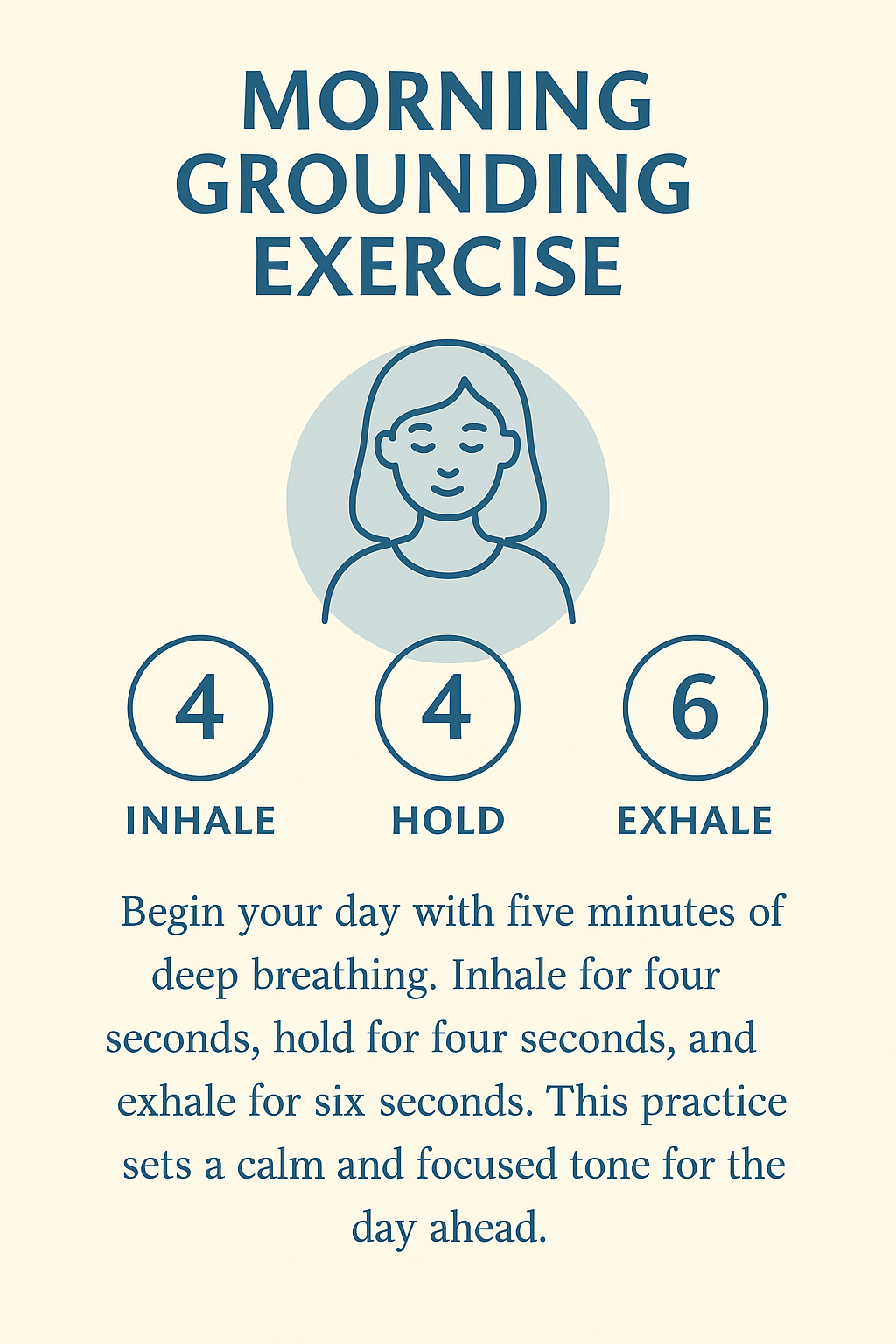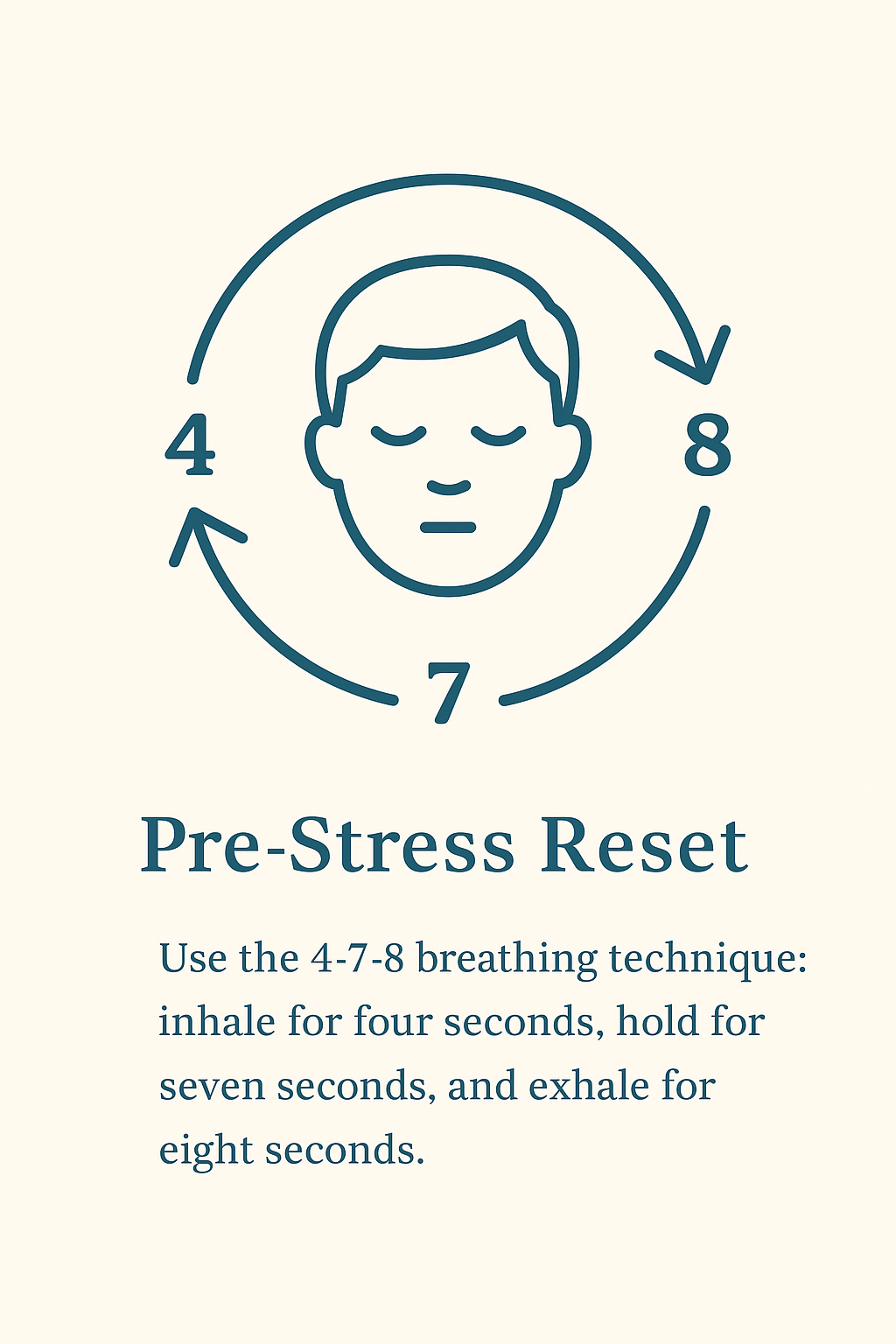Promoting Mental Well-Being This May: The Power of Breathwork for Mental Health Awareness Month
May is Mental Health Awareness Month, a time to reflect on the importance of mental well-being and the many factors that contribute to our overall mental health. Mental health challenges can take many forms, from stress and anxiety to burnout and emotional fatigue. As we navigate busy work environments and personal responsibilities, it’s crucial to recognize the impact of these challenges on our mental health.
Mental health is not just the absence of illness but the presence of emotional resilience, clarity, and balance. For many, the stress of daily life can take a toll on their mental state, leading to feelings of overwhelm, fatigue, and burnout. However, there are simple, effective ways to support and improve our mental health. One such method is breathwork.
The Importance of Mental Health in the Workplace
Stress in the workplace can result in:
Decreased productivity and focus.
Emotional exhaustion and burnout.
Increased anxiety and stress, affecting decision-making and interpersonal relationships.
Lowered motivation and engagement.
When these challenges are left unaddressed, they can lead to a decline in both personal and professional life. By fostering a supportive environment that prioritizes mental health, we can reduce these issues and enhance overall well-being.
How Breathwork Supports Mental Health
IBreathwork is a simple, yet powerful tool that can help individuals improve mental health, manage stress, and build emotional resilience. Breathwork techniques, such as slow, deep breathing, activate the parasympathetic nervous system, helping to calm the mind and reduce the physical and emotional symptoms of stress. By integrating breathwork into your daily routine, you can experience a range of mental health benefits, including:
• Improved emotional regulation and resilience.
• Enhanced focus, mental clarity, and decision-making.
• Reduced anxiety and stress-related symptoms.
• Increased energy and motivation.
Dedicating just a few minutes a day to breathwork can have profound effects on your mental health. It helps to reset your mind, fostering a sense of calm, emotional stability, and improved overall well-being. During Mental Health Awareness Month, it’s a great time to start integrating breathwork into your daily routine to build a stronger foundation for mental health.
Practical Breathwork Techniques for Stress Management
To help reduce stress during your workday, here are some breathwork techniques you can easily incorporate:
Morning Grounding Exercise:
Begin your day with five minutes of deep breathing. Inhale for four seconds, hold for four seconds, and exhale for six seconds. This practice sets a calm and focused tone for the day ahead.
Pre-Stress Reset:
Before tackling high-pressure tasks or situations, use the 4-7-8 breathing technique: inhale for four seconds, hold for seven seconds, and exhale for eight seconds. This method helps calm your nervous system and reduces stress before diving into demanding tasks.
Midday Stress Relief:
When feeling overwhelmed, take a short break for diaphragmatic breathing—breathe deeply into your abdomen, hold briefly, and exhale slowly. A few minutes can help reset your nervous system and restore balance.
Conclusion
As we observe Mental Health Awareness Month, it’s important to recognize the diverse factors that impact our mental well-being and take proactive steps to foster emotional resilience and balance. Breathwork provides a simple, effective method to support mental health by reducing stress, enhancing focus, and improving emotional regulation. By integrating breathwork into your daily routine, you can build a foundation for better mental health, both at work and in your personal life.
Let’s prioritize mental health, build resilience, and create a culture of well-being—beginning with just a few minutes of mindful breathing every day.




